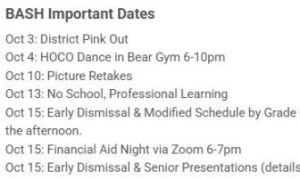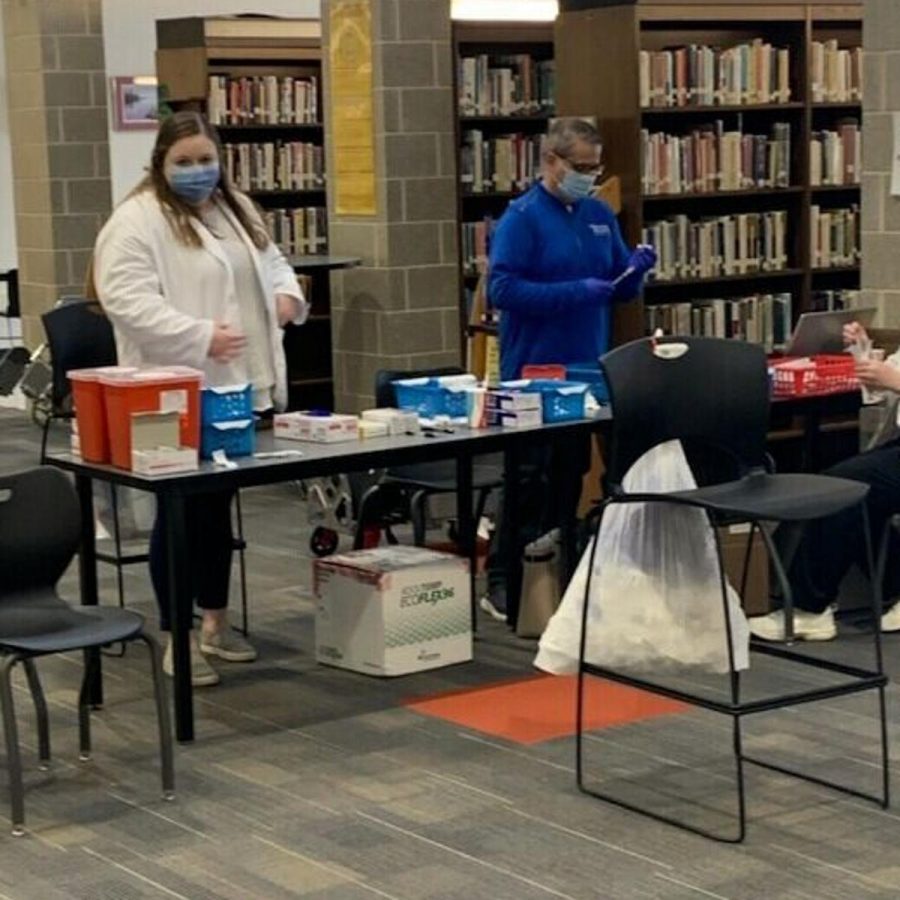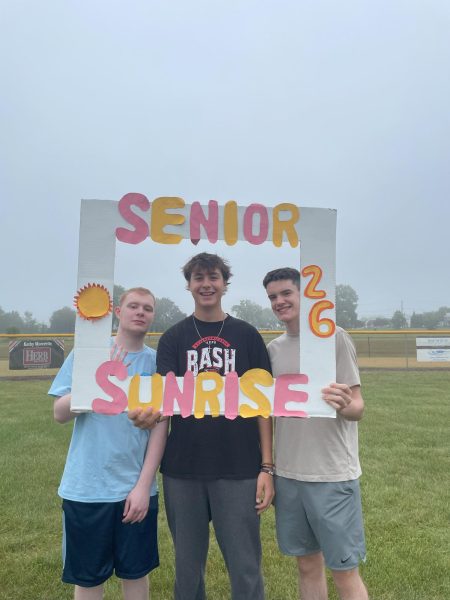Covid-19 vaccinations- what’s safe and what isn’t
BASH opens up to the public for Covid-19 vaccinations
It’s now been almost a year since Covid-19 shut down the country, completely changing life as we know it. This school year has been a burden, to say the least, and for awhile it seemed like this pandemic would never end. However, we’re now starting to see the light at the end of the tunnel. As of Monday, April 12, any adult (16+) in PA could register to receive a Covid vaccine. Could we finally be getting back to normal? Nurse Megan Luna shares some insight on to how covid has impacted our lives this past year, and what to expect with these vaccinations being available.
Mrs. Luna graduated from Notre Dame with an English and Pre-med degree. She worked as an editor for 15 years before deciding to get her nursing degree in 2018. She got her first nursing job in January- right in the middle of this pandemic. She works with patients before they’re bad enough to need to be in the ICU. Normally this unit would be for people who just experienced a car crash, stroke, or other traumatic events. This year, however, the floor is filled with covid patients.
“When I started working in January, every single patient had Covid. In early March things started looking better, but now the numbers are through the roof.”
A day caring for Covid patients is definitely not an easy task. She has to wear a N95, a surgical mask, protective eyewear, a gown, and gloves- she then has to change her gear between patients to avoid cross contamination. “It’s very hot and grueling, and there have definitely been times where I’ve had, like, the skin peel off my nose, but usually I’m so busy I don’t even realize it till I get in my car at the end of the day.”
When it comes to the vaccination, Mrs. Luna is a huge advocate, and has received both her doses of Pfizer. She says that with working with Covid patients who are so sick, she sees a lot of sad endings, “The most difficult part is seeing how sick people are- there’s no visitors allowed so they’re lonely, miss their families, and know enough about the situation to be scared.” Although patients do get better, she personally feels the benefits outweigh the risks of the shot. “I see it as a way to protect people, give back to society, and as sort of a good dead to others. Personally, I feel it’s a no brainer.”
So how do these vaccines work? The Moderna and Pfizer vaccines are mRNA vaccines. Basically, they teach our bodies how to produce antibodies. The mRNA will enter the immune cells, and the cells will use it to make a protein piece. Once the protein is made, the cell gets rid of the instructions and displays the protein piece on its surface. Our immune system recognizes the protein doesn’t belong there, and starts building an immune response, the same that would happen if you were actually infected with Covid. Once the antibodies are made, you have much more protection against Covid-19.
The Johnson & Johnson vaccine works a little different; it’s a viral vector vaccine, so instead of mRNA being put in the immune cells, it’s something called a vector (a harmless virus). The vector uses the cell to produce a harmless piece of the virus which causes Covid-19, called a spike protein, and sends it to the surface of the cell. Again, our immune system recognizes it doesn’t belong there, and starts building antibodies.
Recently, there has been a recall of the Johnson & Johnson vaccine due to a small amount of people experiencing a rare and severe form of blood clot. All reports occurred from women ages 18-48, and symptoms occurred 1-2 weeks after vaccination. It was a responsible move to recall the vaccine and look into why these blood clots occur. According to the CDC, there is no reason to panic- such a small number of women reported these side effects, the chances of experiencing them are very small.
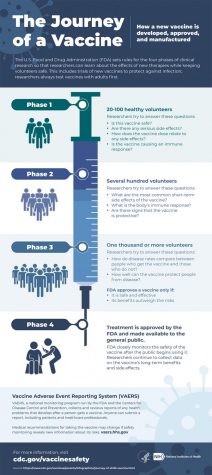
Now, there are some common misconceptions about the shot. Make sure to do your own research before making a final choice on whether or not you receive it. For example, many people think it was tested too quickly. This is completely understandable, considering it did seem like the government just quick pushed it out to everyone. But, don’t worry, there was a very careful testing process with this vaccine. The FDA set high safety standards for the vaccine companies to meet, before it was sent to be approved. Since the pandemic counted as an emergency need for immunization, the FDA granted an EUA (emergency use authorization). This meant that because the vaccine was needed so quickly, as soon as it was shown to be safe and effective it could be administered; it didn’t have to wait for formal FDA approval. This doesn’t mean the vaccine wasn’t tested at all or isn’t FDA approved, it just means everything was done quicker to ensure people would be able to receive it as quickly as possible. And of course, as we can see with the recall of the J&J vaccine, side effects are continuing to be monitored and tracked everyday.
If your still on the fence about receiving the vaccine, you’re definitely not alone. Many people still have worries about this new technology. There are a few individuals who cannot get it; if you are allergic to anything in the vaccination, obviously you cannot receive it. When it comes to other health concerns, the best thing you can do is talk to your doctor. And in the end, the decision of whether or not to get vaccinated is really a personal choice.
Those 16 or older who want to register for the vaccine, check out the Medicine Shoppe’s website. You can register to get Pfizer at BASH as early as April 24th. It’s a simple process- follow the directions to register an appointment, show up, get your shot, wait 15 minutes to make sure there’s no immediate side effects, and you’re good to go! Visit the website for more details.
Now, even if you are vaccinated, there are still precautions you can take. You should continue to remain cautious of what you do until two weeks after your last dose, then you can start living a little more “normal.” The CDC says after your vaccinated it’s safe to visit inside with a group of people either also vaccinated or not at risk and travel domestically (or internationally depending on the destination) without a pre or post flight Covid test or quarantining. When it comes to who and where you feel safe being around, it’s really a personal choice. As long as there aren’t clear rules stated, whether you want to continue wearing a mask or social distancing is really up to you.
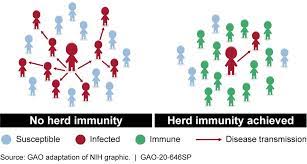
So, what do vaccinations mean for the future? We still don’t know. Hopefully this becomes a routinely vaccination similar to the flu shot. But, in order for that to happen the US needs to reach herd immunity, meaning enough people are vaccinated so the virus has basically no where to go. Researchers suspect about 75-80% of the population will need to be vaccinated before herd immunity is reached. That being said, a lot of people don’t think we’ll ever reach that percentage. Regardless, the vaccine being available for anyone over the age of 16 is a huge step in the right direction, and hopefully next year will be more normal.

Emma Wenerowicz is a senior here at BASH, and has been writing for the Cub since she was a freshman. Emma first joined the newspaper because of her love...





